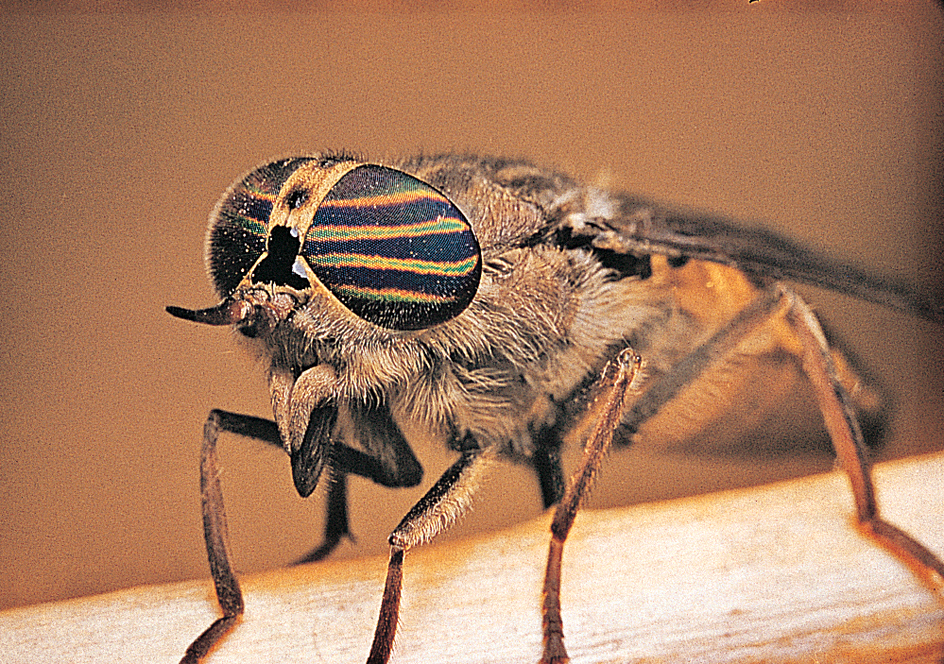Entomology, << `ehn` tuh MOL uh jee, >> is the scientific study of insects. Scientists who specialize in insects are called entomologists. Entomologists also study animals related to insects, such as ticks, mites, spiders, and centipedes. All these creatures are types of arthropods, a group of animals distinguished by their jointed legs (see Arthropod). Entomology developed rapidly after the 1750’s, when the Swedish naturalist Carolus Linnaeus provided a useful system of classifying and naming plants and animals.

What entomologists do.
Entomologists investigate the anatomy, physiology, development, life history, behavior, ecology, and classification of insects and related arthropods. This group of creatures includes about 11/2 million known species (kinds), though scientists estimate that millions of additional species have not yet been described and named. Insects make up the largest group of animals, and they live on every continent. Entomologists study insects and similar animals in part because these creatures are vital to the health of ecosystems on land. An ecosystem consists of all the living and nonliving things in an area and the relationships among them. People also study insects because some species are pests that can damage crops, stored goods, or even buildings. Other insect species can transmit diseases.
Most entomologists work in the field of economic entomology, also called applied entomology. They study insect pests that cause damage or endanger the health of human beings and animals. Agricultural entomologists study insect pests that damage crops. Forest entomologists study pests of timber. Medical entomologists and veterinary entomologists seek to decrease the threat of insects that spread disease among people and animals.
Entomologists work to reduce the numbers of insect pests through a variety of controls. These include cultural controls, such as planting insect-resistant crops; chemical controls, such as the use of insecticides and insect repellents; and biological controls, such as the use of animals that naturally prey on insect pests.
Many insects are beneficial to people. Silkworms produce a valuable fiber. Honey bees provide honey, and they are among the many insects that pollinate plants, including many crops. Other insects and similar animals prey on pests.
Careers in entomology.
Students who wish to pursue a career in entomology must have at least a bachelor’s degree in entomology or biology. Most teaching and research positions require a master’s or doctor’s degree in entomology. Entomologists are employed by state and federal agricultural experiment stations and in public health agencies. They may work for universities or museums. Some also work in industry.
